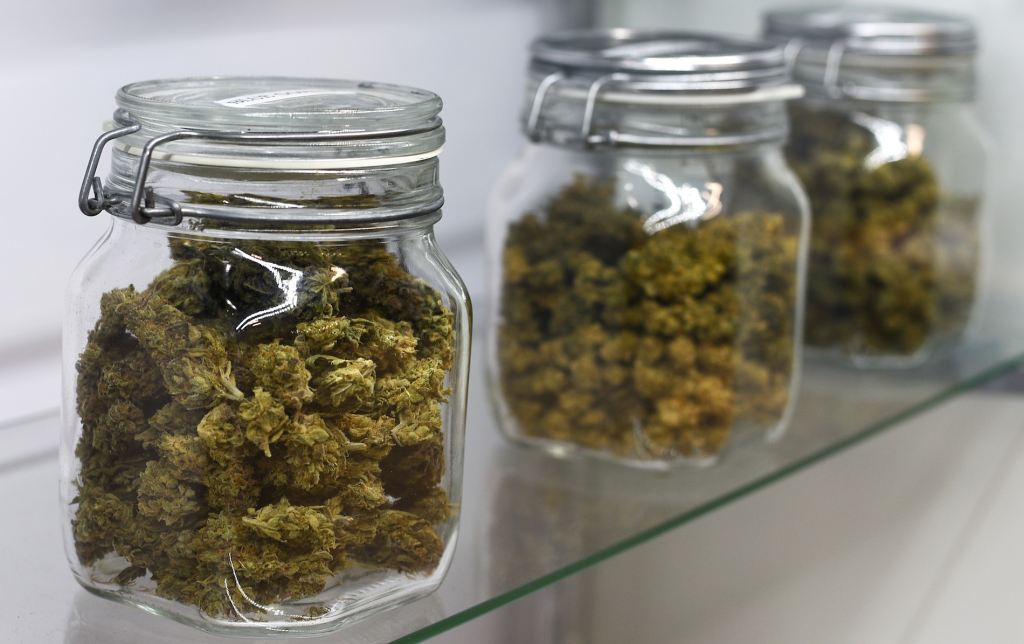
Hemp is a versatile and fascinating plant with a long history of human use. Here’s an ultimate guide to hemp that covers its cultivation, uses, benefits, and more with https://gasdank.com/product-category/all-flower/:
Hemp ultimate guide
- What is Hemp? Hemp, scientifically known as Cannabis sativa, is a variety of the Cannabis plant species. It is cultivated specifically for its industrial uses and contains low levels of THC, the psychoactive compound found in marijuana.
- Hemp Cultivation: Hemp can be cultivated in a variety of climates and soil types. It is a fast-growing plant that requires minimal pesticides, herbicides, and water compared to other crops. Hemp cultivation typically involves sowing seeds or planting seedlings and providing adequate sunlight and water throughout its growth cycle.
- Industrial Uses: Hemp has a wide range of industrial applications, including:
- Fiber: Hemp fibers are strong, durable, and suitable for textile production. They can be used to make clothing, ropes, canvas, and other fabric-based products.
- Seeds: Hemp seeds are highly nutritious and can be consumed raw, roasted, or pressed to produce hemp seed oil. They are rich in protein, essential fatty acids, vitamins, and minerals.
- Building Materials: Hemp stalks can be processed into materials like hempcrete, which is used in construction for its insulating and sustainable properties.
- Biofuels: Hemp can be used to produce biofuels, such as hemp biodiesel, which is a renewable and environmentally friendly alternative to fossil fuels.
- Paper: Hemp fibers can be used to produce paper, and hemp paper is known for its durability and recyclability.
- Environmental Benefits: Hemp offers several environmental advantages:
- Carbon Sequestration: Hemp plants absorb significant amounts of carbon dioxide from the atmosphere, helping mitigate climate change.
- Soil Regeneration: Hemp has deep roots that improve soil structure, reduce erosion, and promote nutrient cycling.
- Reduced Chemical Use: Hemp requires fewer pesticides and herbicides compared to other crops, making it more environmentally friendly.
- Legal Status: The legal status of hemp varies worldwide. In many countries, including the United States and European Union, hemp cultivation is legal, provided it meets specific criteria regarding THC content (typically below 0.3% or 0.2%). It’s important to research and comply with local laws and regulations when cultivating or using hemp.
- Health and Wellness: Hemp-derived products, such as CBD oil, have gained popularity for their potential health benefits. CBD is a non-psychoactive compound found in hemp that is believed to have therapeutic properties, including pain relief, relaxation, and anxiety reduction. However, it’s important to consult with a healthcare professional before using CBD or other hemp-derived products for medicinal purposes.
- Research and Innovation: Ongoing research and innovation are expanding the understanding and potential uses of hemp. Scientists are exploring hemp’s applications in bioplastics, textiles, medicine, and more.

It’s worth noting that while hemp has numerous uses and benefits, it’s important to differentiate hemp from marijuana. Hemp contains low levels of THC and does not produce the intoxicating effects associated with marijuana. Understanding the distinction is crucial for legal compliance and responsible use.
Please note that the information provided here is for informational purposes only and should not be considered as medical or legal advice. Laws and regulations regarding hemp cultivation and use may vary, so it’s essential to research and comply with the specific laws in your jurisdiction.

0 Comments for “Hemp ultimate guide”